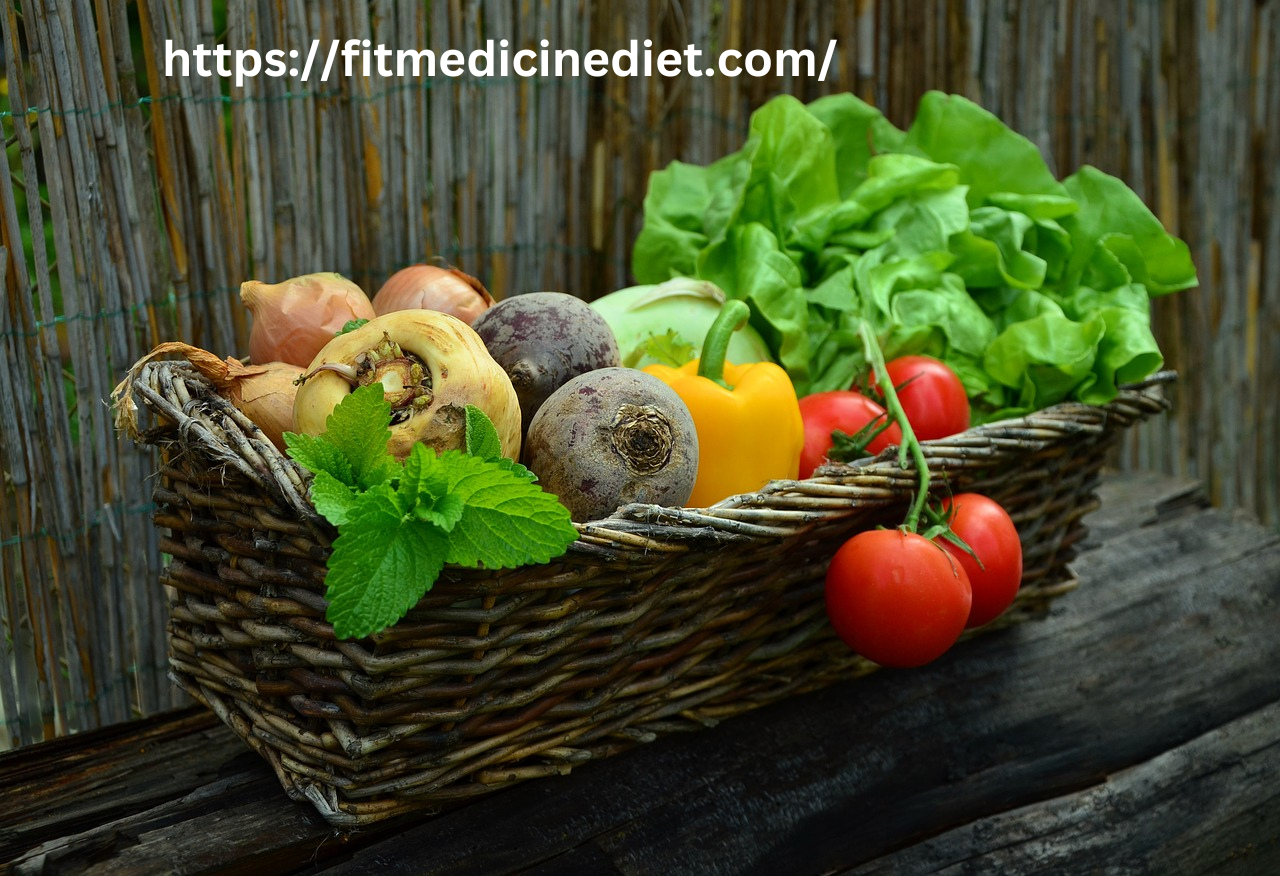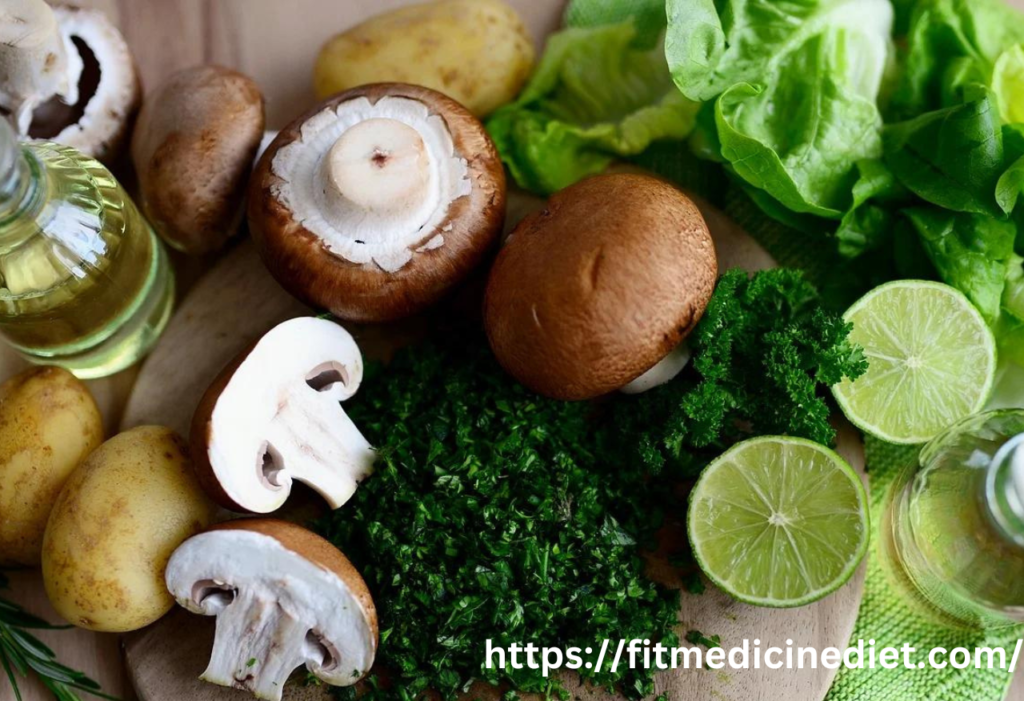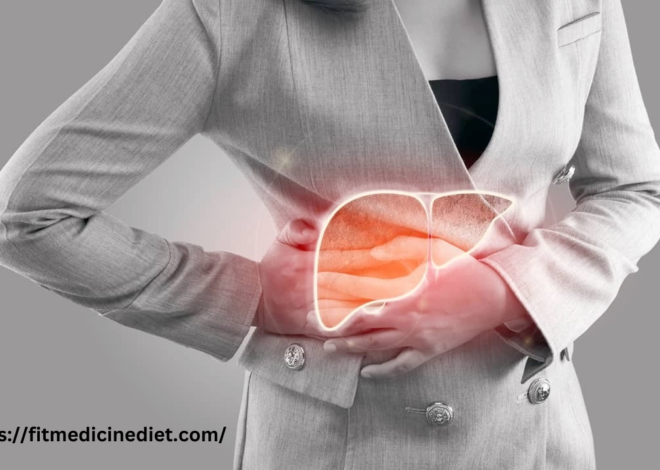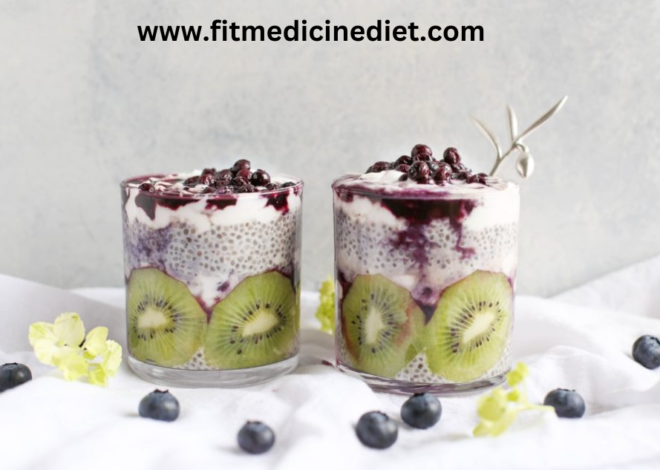
protein sources of vegetarian : Boost Your Protein Intake to Add to Your Diet in 2024
In recent years, the popularity of protein sources of vegetarian diets has soared, driven by concerns for health, animal welfare, and environmental sustainability. One frequent worry for vegetarians revolves around ensuring they consume enough protein.
Contrary to popular belief, there are plenty of plant-based protein sources that can fulfill this nutritional requirement. In this guide, we’ll delve into the diverse world of vegetarian protein sources, debunking myths and highlighting the top choices for a balanced diet.
Understanding protein sources of vegetarian :
Before diving into specific sources, it’s essential to understand the role of protein in the vegetarian diet. Proteins are macronutrients essential for building and repairing tissues, supporting immune function, and producing enzymes and hormones. While animal products are traditional protein sources, vegetarians can meet their protein needs through a variety of plant-based foods.

High-protein sources of vegetarian
Legumes: Nature’s Protein Powerhouse
Legumes, such as beans, lentils, and chickpeas, stand out as highly versatile and nutritious plant-based protein sources. Additionally, they boast high fiber, iron, and other vital nutrients.
. Incorporating legumes into meals can provide a hearty dose of protein while promoting satiety and digestive health.
Quinoa: The Complete Protein
Quinoa is a unique pseudo-grain that stands out for its exceptional protein content and quality. Unlike most plant foods, quinoa contains all nine essential amino acids, making it a complete protein source. Additionally, quinoa is gluten-free and easy to incorporate into various dishes, from salads to stir-fries.
Nuts and Seeds: Nutrient-Dense Protein Boosters
Nuts and seeds are nutrient-dense powerhouses packed with protein, healthy fats, vitamins, and minerals. Almonds, walnuts, chia seeds, and hemp seeds are particularly high in protein and can be enjoyed as snacks or added to smoothies, oatmeal, or baked goods for an extra nutritional punch.
Tofu and Tempeh: Soy-Based Protein Alternatives
Tofu and tempeh are soy-based products that serve as excellent meat substitutes for vegetarians. Tofu, made from soybean curds, is a versatile ingredient that absorbs flavors well and can be grilled, stir-fried, or blended into creamy desserts. Tempeh, on the other hand, is fermented soybeans bound into a firm, nutty cake, offering a chewy texture and robust flavor.
Seitan: Wheat-Based Protein Power
Seitan, also known as wheat gluten or wheat meat, is a popular protein source in vegetarian cuisine. Made from wheat gluten, seitan has a chewy texture and a savory taste, resembling the mouthfeel of meat. It’s commonly used in stir-fries, sandwiches, and stews as a hearty meat alternative.
Incorporating protein sources of vegetarian into Your Diet
Balancing Macronutrients for Optimal Nutrition
While protein is essential, it’s crucial to maintain a balanced diet by incorporating a variety of macronutrients, including carbohydrates and fats. Pairing protein-rich foods with whole grains, vegetables, and healthy fats can enhance nutrient absorption and promote overall health and well-being.
Meal Planning Tips for Vegetarians
Planning meals in advance can help ensure that vegetarians meet their protein needs while enjoying a diverse and flavorful diet. Experimenting with different recipes, incorporating new ingredients, and exploring global cuisines can make vegetarian cooking exciting and satisfying.
Conclusion of protein sources of vegetarian
In conclusion, vegetarian diets can provide an abundance of protein through a variety of plant-based sources. By including legumes, quinoa, nuts, seeds, tofu, tempeh, and seitan in your meals, you can meet your nutritional needs while supporting your health, the environment, and animal welfare. With a bit of creativity and planning, vegetarianism can be both delicious and nutritious.
FAQs (protein sources of vegetarian )
Can vegetarians get enough protein without eating meat?
- Absolutely! By incorporating a variety of plant-based protein sources into their diet, vegetarians can easily meet their protein needs.
Are plant-based proteins as effective as animal proteins?
- Yes, many plant-based proteins offer similar nutritional benefits to animal proteins and can be part of a healthy diet.
What are some protein-rich snacks for protein sources of vegetarian ?
- Nuts, seeds, yogurt, hummus with veggies, and protein bars are excellent snack options for vegetarians looking to boost their protein intake.
How can vegetarians ensure they’re getting enough essential amino acids?
- Eating a varied diet that includes a combination of different plant-based protein sources can help vegetarians obtain all nine essential amino acids.
Are there any potential drawbacks linked with following a vegetarian diet?
- While protein sources of vegetarian can be very healthy when well-planned, it’s essential to ensure an adequate intake of nutrients such as vitamin B12, iron, calcium, and omega-3 fatty acids.


